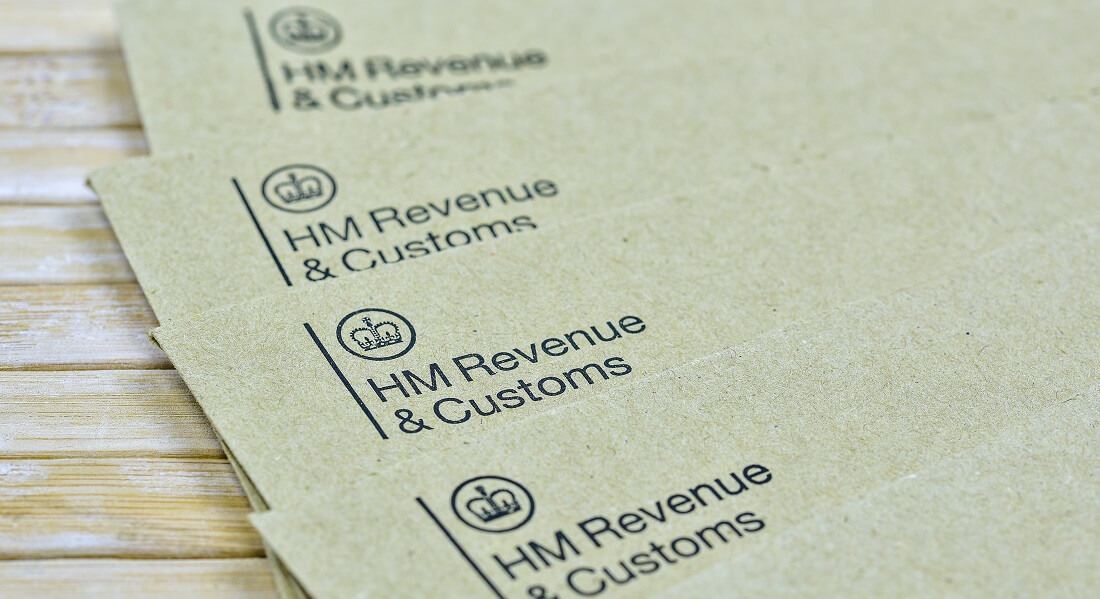As we’ve previously reported, the Model Reporting Rules for Digital Platforms means that digital marketplaces, such as Airbnb, eBay, and Vinted, must now report incomes of individuals earning money via their platforms.
The details collected will include personally identifiable information on the individual, details of sales proceeds and the number of transactions. Individuals with more than 30 transactions per year will be reported.
For those operating a trade, income must be declared to HMRC. The exception to this is where income is below the trading allowance of £1,000 each year. If your gross income is higher than this, then it must be reported to HMRC.
Upon receipt of the information, HMRC will first undertake a review, comparing the information to tax filings. Any further action will be based on those who have generated income above £1,000, a significant number of transactions, or both. Having said this, HMRC’s review is not always perfect so in some cases we do expect those who may just be selling their old clothes to receive a letter from HMRC.
Following review, we expect HMRC will issue nudge letters to individuals, and in the most egregious cases, issue full enquiries and potentially commence criminal investigations.
The first report from online platforms is due on 31 January 2025. Penalties will be applicable should the digital platform not comply by the due date. Self-employed individuals must submit their income to HMRC on their Self Assessment tax return.
It’s therefore crucial to maintain meticulous records of income received from digital platforms. Any inconsistencies between your Self Assessment tax return and the Model Reporting Rules for Digital Platforms could trigger an investigation by HMRC. This initiative represents HMRC’s latest effort to address non-compliance in the context of the gig economy.
To protect yourself, we recommend keeping a detailed record of your online sales, including all income and expenses such as postage and packaging costs, especially if your sales exceed £1,000 in a year. This will allow you to review your position and respond to HMRC should the need arise.
Even if you are not trading, a letter from HMRC should not be ignored. We have seen HMRC commence enquiries into those who have ignored nudge letters. We strongly recommend seeking professional advice on receipt of a nudge letter, due to the potential penalties involved.
If you need further assistance on the above, or for advice on nudge letter correspondence, contact Danielle Ford, Partner and Head of Tax Disputes & Resolutions, or Riocard Hoye, Senior Manager.







